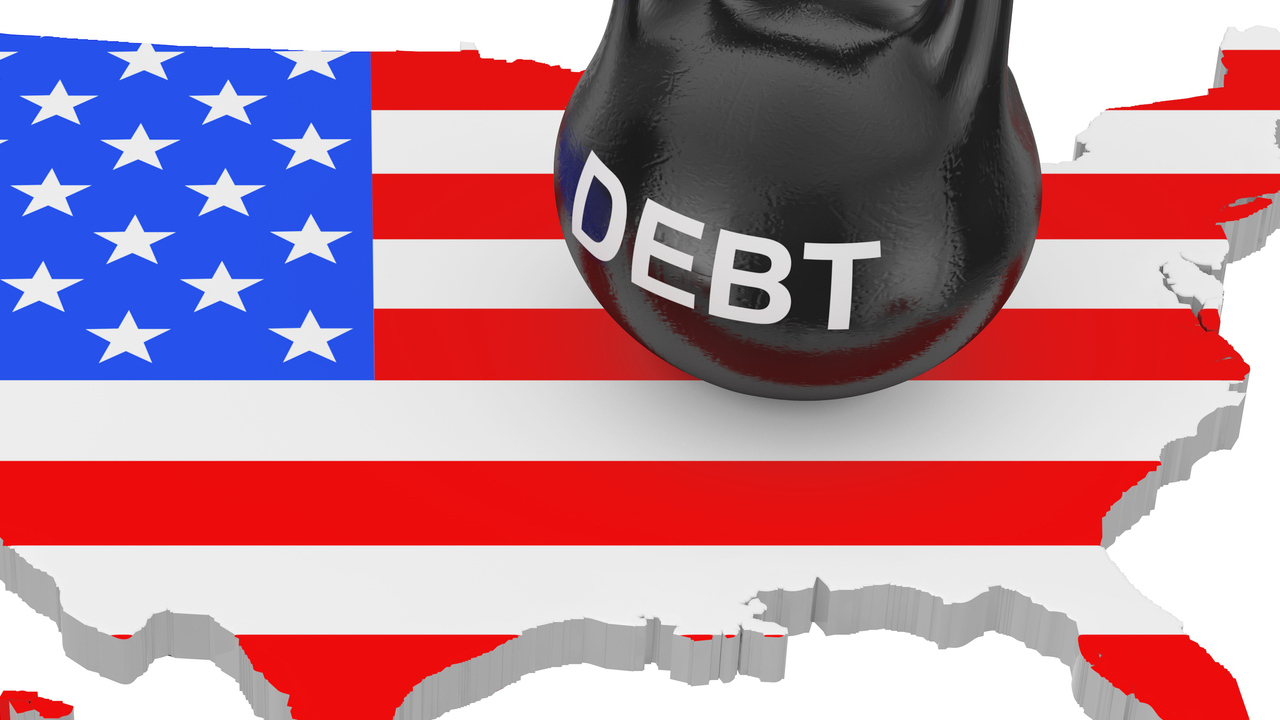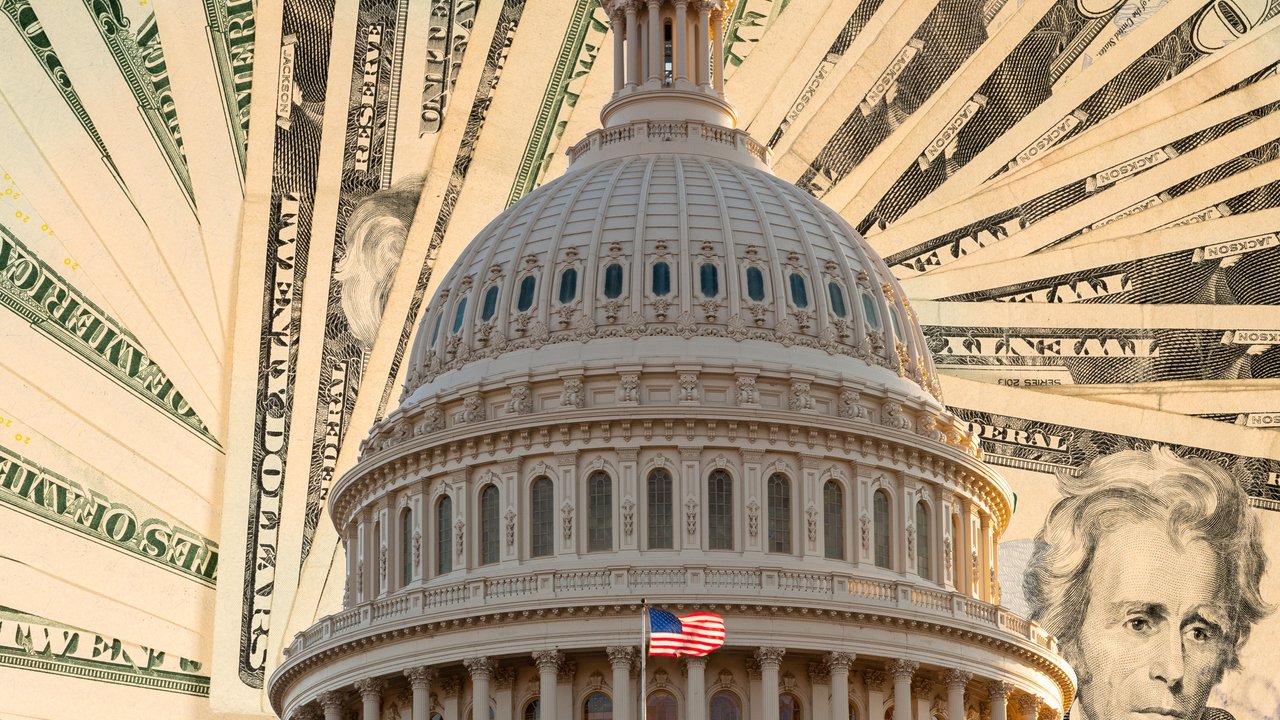The other day, President Joe Biden accused voters of the opposition party of turning to “semi-fascism.” This is probably the first time in American history a president has openly attacked the opposing party’s constituents in this way.
Then again, Biden, who once alleged that the chaste Mitt Romney was harboring a desire to bring back chattel slavery, is prone to stupid hyperbole. And it’s true that most people who throw around the word “fascist” fail to do so with much precision. These days, the word “democracy,” like “fascism,” has lost all meaning. According to Democrats, asking someone to show ID before voting is an attack on “democracy,” but so is the Supreme Court’s handing back power to voters on the abortion issue. When you have no limiting principles of governance, anything that inhibits your exertion of power is seen as anti-“democracy.” If students have loans to be paid, “forgive” them. If you can’t pass a bill, the executive branch should do it by fiat. If the court stops it, pack it. Power is only to be limited when the opposition holds it.
A microcosm of this confused thinking can be found in the recent spate of hysterical media pieces about alleged Republican “book banning.” The use of “ban” by the media is more than a category error; it’s an effort to paint parents who use the very same exact democratic powers the left has relied on for decades as book burners. Public school curricula and book selection are political questions decided by school and library boards. Neither have a duty to carry every single volume on racial identitarianism or sexually explicit material simply demanded by some busybody at the American Library Association.
Henry Olsen of the Ethics and Public Policy Center notes that fascists “believed that multiparty democracy weakened the nation, and that competitive capitalism was wasteful and exploitative. Their alternative was a one-party state that guided the economy through regulation and sector-based accords between labor and business.”
Well, is it not the left that champions government intervention in the economy, with never-ending regulations, subsidies and mandates that effectively allow for controlling the means of production? Leftists — some incrementally, some less so — are the proponents of nationalizing the health care system, the energy sector and education. Again, if progressives have any limiting principles when it comes to intervention in our economic lives, I’d love to hear about them.
Are the most vociferous defenders of “democracy” not the ones who sound suspiciously like they want a one-party state? Modern Democrats have stopped debating policy or accepting the legitimacy of anyone who stands in their way. They will pass massive, generational reforms using parliamentary tricks, without any input from the minority. And they don’t merely champion their work as beneficial; they claim these bills are needed for the survival of “democracy” and “civilization” — nay, the survival of the planet. Anyone who opposes saving Mother Earth is surely an authoritarian. There is nothing to debate. The villainization of political opponents isn’t new, but we are breaking new ground.
Some may find it a bit fascist-y that the FBI feels free to instruct giant rent-seeking corporations to censor news to help elect their preferred candidate, as it did with Facebook. Or that the White House is in the business of “flagging” “problematic posts” and threatening corporations to “root out” “misleading” speech or be held accountable. One wouldn’t be off base seeing a “Disinformation Governance Board” that sifts through speech the administration dislikes or a Justice Department that treats those protesting authoritarian school boards as “domestic terrorists” as “semi-fascist.”
It is curious, as well, that the same people who control basically all major institutions in American life — academia, media, unions, Silicon Valley, Wall Street, trade associations, public schools, publishing, the entire D.C. bureaucracy, Hollywood, Madison Avenue, not to mention the presidency and Congress — claim to be victims of budding authoritarianism. The only major institution free of progressives’ grip right now is the Supreme Court. And the left is engaged in a systematic effort to delegitimize the Court for doing its job and limiting the state’s power.
None of this is to say that the right is innocent. I often find myself debating the populist right on issues ranging from the free markets and the role of the state. Abuses of the Constitution should be called out no matter who engages in them. However, progressivism’s crusade to destroy separation of powers, its attacks on religious freedom and free speech, its undermining of civil society, its binding of the economy to the state and its fostering of perpetual dependency and victimhood are far bigger long-term threats to the republic than Trumpism — and far closer to the definition of “semi-fascism” than the Republican agenda.
David Harsanyi is is a senior writer at National Review and author of "Eurotrash: Why America Must Reject the Failed Ideas of a Dying Continent."
His work has appeared in The Wall Street Journal, The Washington Post, Weekly Standard, New York Post, RealClearPolitics, Reason, USA Today and numerous other publications. He has appeared on Fox News, CNN, MSNBC, NPR, "ABC World News Tonight," "NBC Nightly News" and dozens of radio talk shows across the country.





